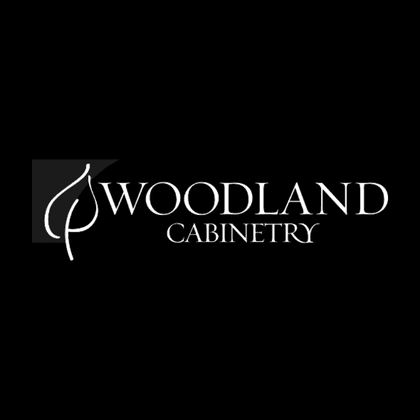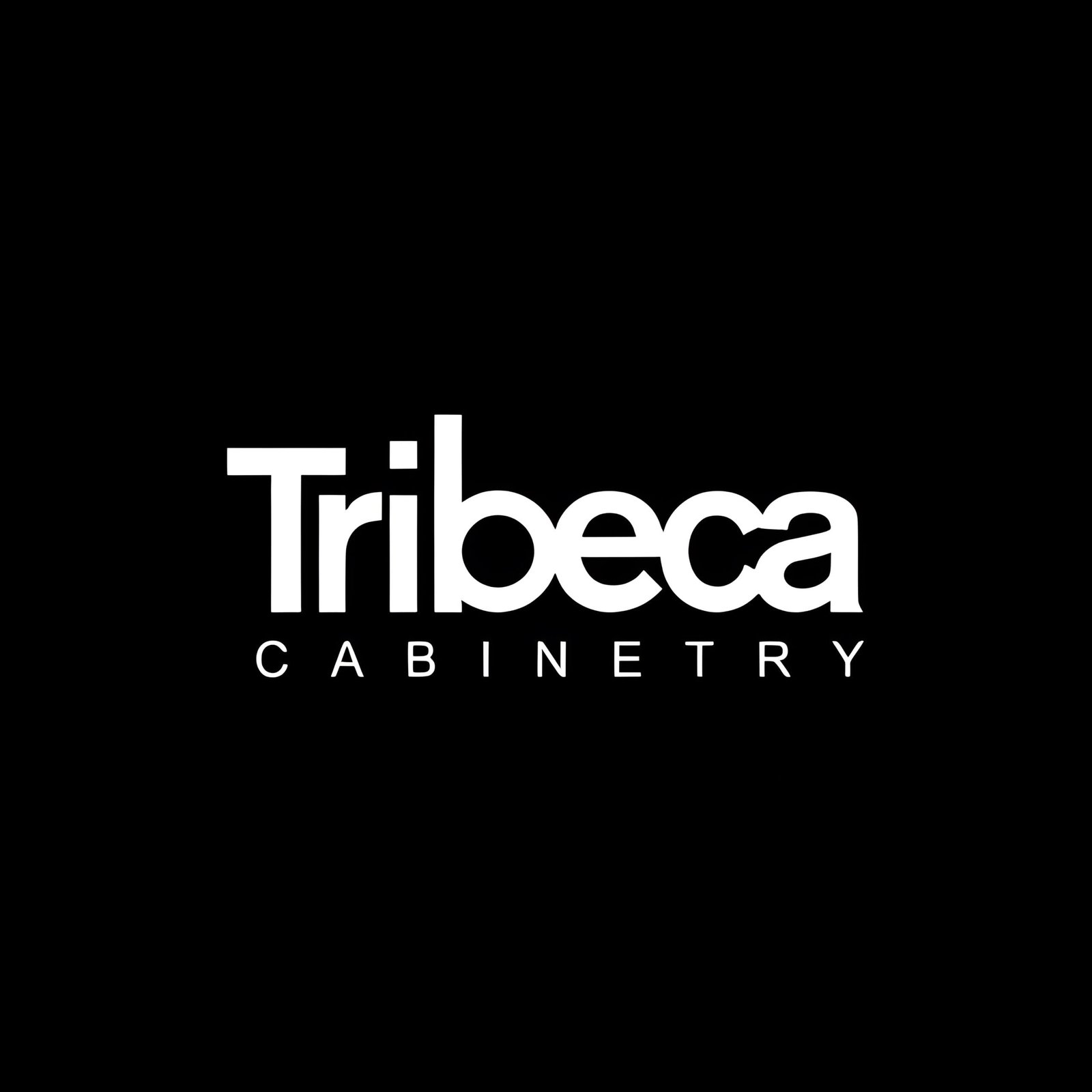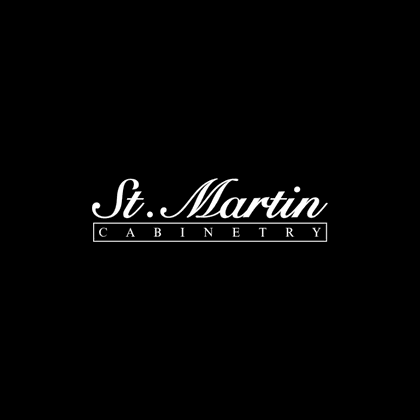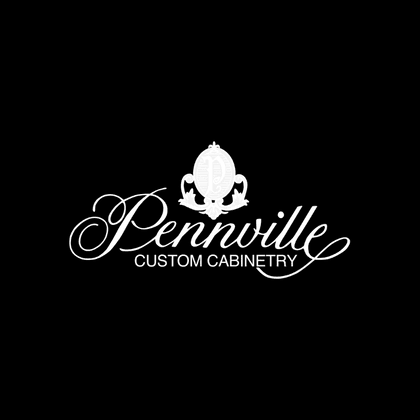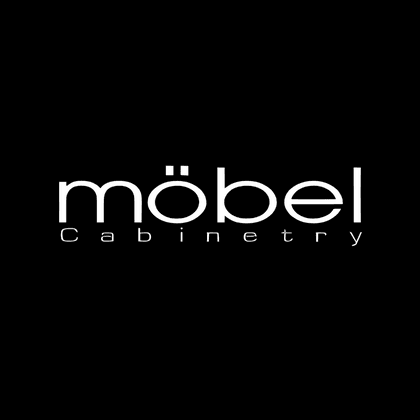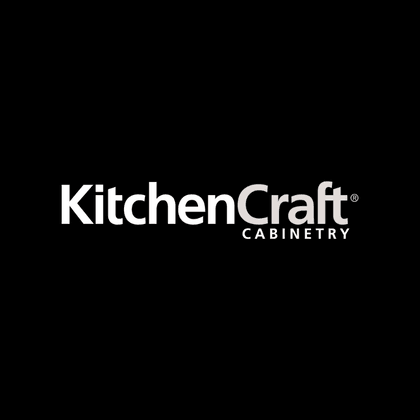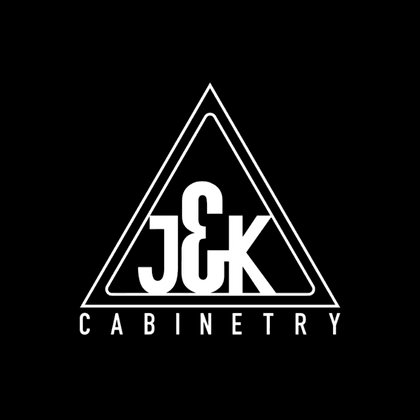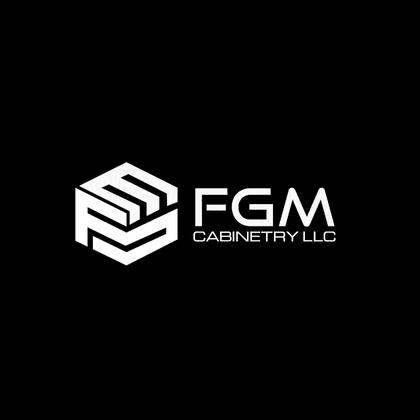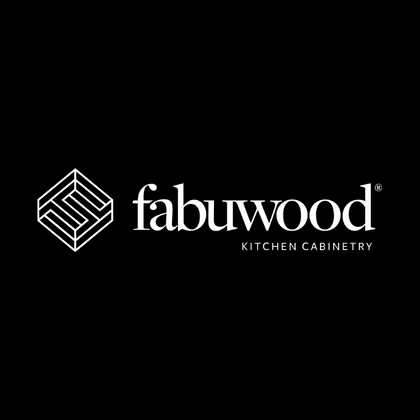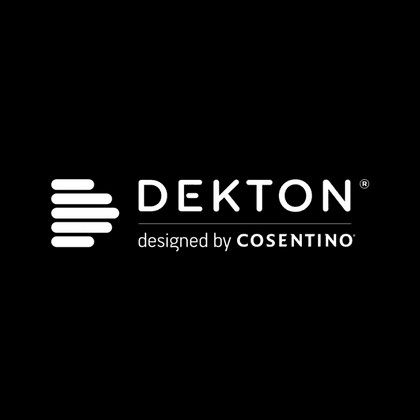
POPULAR QUESTIONS
Frequently asked questions from support
Kitchen Remodeling and Bathroom Remodeling
Frequently Asked Questions
To evaluate home improvement contractors in NJ, check their credentials, read online reviews, and ask for references. Interview potential candidates to discuss your project, assess their communication skills, and gauge their enthusiasm. Additionally, request detailed quotes and compare them to understand the pricing structure better.
Common mistakes to avoid when hiring home improvement contractors NJ include not checking their credentials, failing to read reviews, and rushing the decision. It’s also essential to discuss the project scope clearly and ensure you have a written contract to avoid misunderstandings. Taking the time to choose wisely can save you significant headaches.
When searching for home improvement contractors in NJ, look for experience, licensing, insurance, and good reviews. It’s important to find contractors who specialize in the type of work you need, whether it’s remodeling, additions, or repairs. Clear communication and a transparent quote are also crucial indicators of a reliable contractor.
The average cost of hiring a home improvement contractor NJ can vary widely based on the project scope, materials used, and labor costs. Typically, simple renovations may start around a few thousand dollars, while more extensive projects can range into the tens of thousands. It’s advisable to obtain multiple quotes for accurate budgeting.
The duration of a typical home improvement project in NJ depends on various factors, including the type of work being done and the project’s complexity. Smaller projects may take a few days to weeks, while larger renovations could last several months. Discuss the timeline with your contractor during the planning phase for clarity.
To ensure quality work from a home improvement contractor NJ, establish clear communication from the start. Set expectations regarding timelines, budget, and project scope. Regularly check in on progress, and don’t hesitate to address any concerns. A reputable contractor will appreciate your involvement and strive to meet your standards.
A general contractor typically oversees large-scale construction projects and manages various subcontractors, while a home improvement contractor NJ focuses on renovation and remodeling work. General contractors may handle new builds or significant structural changes, whereas home improvement contractors are more specialized in enhancing existing homes and their interiors.
Many home improvement projects in NJ require permits to ensure compliance with local building codes and regulations. Common projects needing permits include major renovations, electrical work, and plumbing upgrades. It’s crucial to consult with your contractor about necessary permits to avoid legal issues and ensure a smooth renovation process.
Home improvement contractors in NJ are trained to handle unexpected issues that may arise during a project. They typically conduct thorough assessments before starting work to identify potential problems. If issues do occur, a good contractor will communicate promptly, discuss options with you, and adjust the plan to address the situation effectively.


